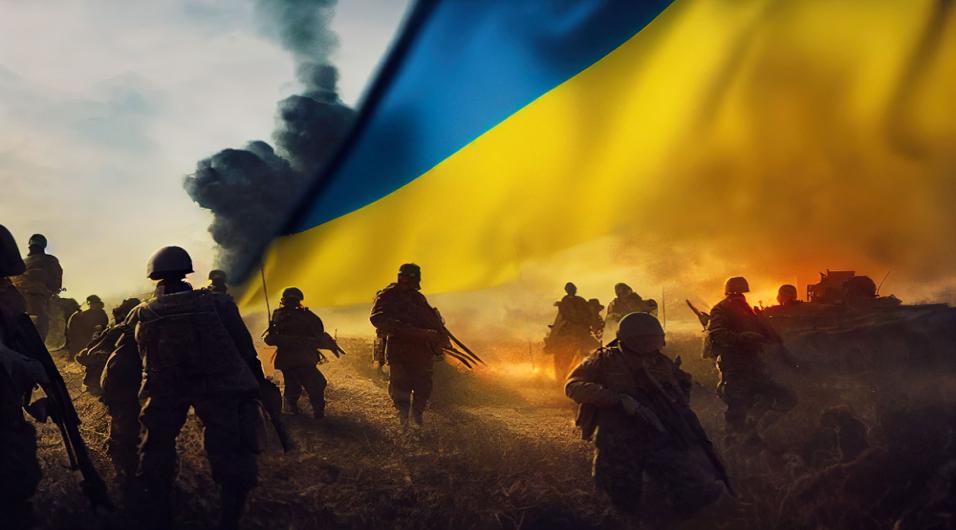
The Impact of the Ukraine War: Understanding the Consequences
The Ukraine War, a conflict that has been ongoing since 2014, has far-reaching consequences that extend beyond the borders of the region. This essay aims to delve into the multifaceted impacts of the war, focusing on its political, economic, and humanitarian repercussions. By examining the various dimensions of the conflict, we can gain a deeper understanding of how the Ukraine War has shaped international relations, global economics, and the lives of countless individuals caught in its midst.
The political consequences of the Ukraine War have been profound, reshaping international alliances and power dynamics in significant ways. The conflict has led to a rift between Russia and Western countries, with the imposition of sanctions and diplomatic tensions escalating. The annexation of Crimea by Russia and its support for separatist movements in eastern Ukraine have raised concerns about sovereignty and territorial integrity, challenging the norms of international law. Moreover, the conflict has fueled nationalist and populist sentiments in affected regions, with a resurgence of identity politics and calls for independence. The Ukraine War has not only heightened global security concerns but also tested the efficacy of diplomatic efforts in resolving conflicts peacefully.
Economically, the Ukraine War has had far-reaching implications, disrupting trade and investment in the region. The conflict has created uncertainty in financial markets, leading to fluctuations in energy prices and supply chains. The imposition of economic sanctions by Western countries against Russia has had ripple effects on global trade, affecting industries and businesses worldwide. Furthermore, the conflict has exacerbated economic disparities within Ukraine, hindering its development and stability. The economic consequences of the Ukraine War highlight the interconnectedness of the global economy and the vulnerability of markets to geopolitical tensions.
The humanitarian consequences of the Ukraine War have been devastating, with the displacement of civilians and refugees being a primary concern. The conflict has resulted in widespread human rights violations, including arbitrary arrests, torture, and civilian casualties. Vulnerable populations, such as women and children, have been disproportionately affected, facing heightened risks of exploitation and abuse. The psychological trauma inflicted by the conflict is immense, with long-term social consequences that will require extensive support and resources to address. The humanitarian crisis in Ukraine underscores the urgent need for international intervention and humanitarian assistance to alleviate the suffering of those impacted by the war.
In conclusion, the Ukraine War has left a lasting impact on the political, economic, and humanitarian landscape of the region and beyond. By examining the consequences of the conflict in these three key areas, we can appreciate the complexity of modern warfare and the challenges it poses to global stability and security. Moving forward, efforts to resolve the Ukraine War and its aftermath will require a coordinated and comprehensive approach that addresses the root causes of the conflict and prioritizes the well-being of those affected. Only through sustained cooperation and dialogue can we hope to mitigate the consequences of the Ukraine War and prevent similar conflicts from erupting in the future.







